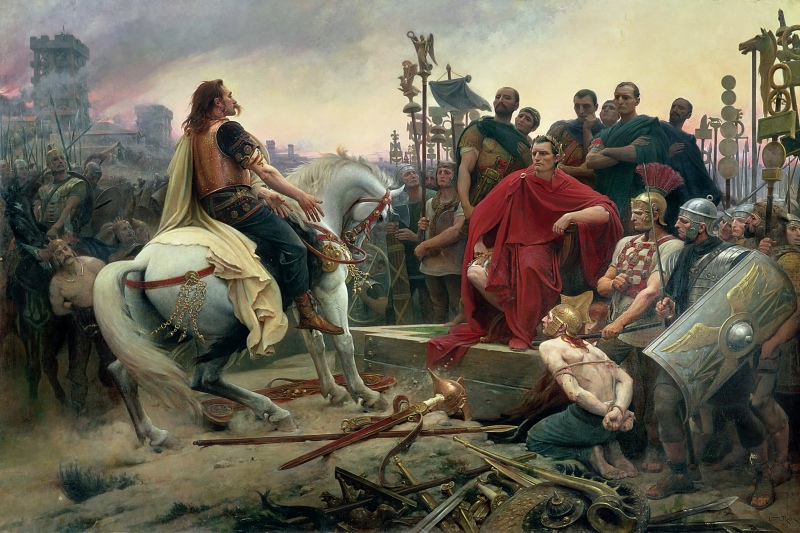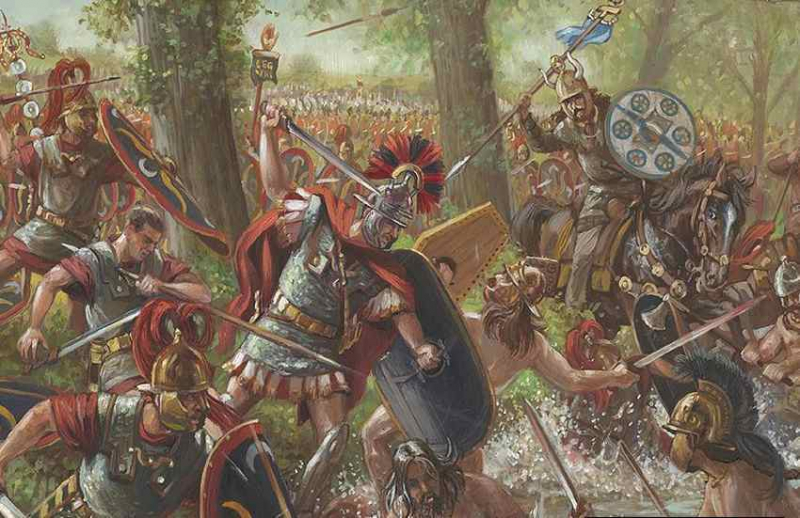Gallic Uprisings
The Gallic uprisings are one of the biggest events of the Second Punic War. At a time when Hannibal was marching with immeasurable distances with his infantry, cavalry, and war elephants, the Romans were also facing a bitter rebellion among the Gallic tribes, causing Their situation only to get worse. Gallic populations mainly include Boii and Insubres. These two men had previously established diplomatic relations with the Carthaginians. Although these tribes despised the Romans, they were never able to do much because of their limited power.
During the Gallic uprisings, when the Carthaginians began their campaign against ancient Rome, the Gallic tribes were ready to ally themselves against the Romans at the front. They began by capturing the Roman colonies of Placentia and Cremona. Before long, all of northern Italy was declared revolt, with both Gallic and Ligurian armies supporting Hannibal's army by 40,000 men. Gallic uprisings were a series of military campaigns carried out by the Roman Legions under Julius Caesar in Gallia, following the rise of the Gallic tribes. In addition, the Romans attacked both Britannia and Germany, but these expeditions were never completely successful. The Gallic War was decided in the Battle of Alesia in 52 BC, where victory was fixed for Rome.
- Time: 59 – 51 BC










